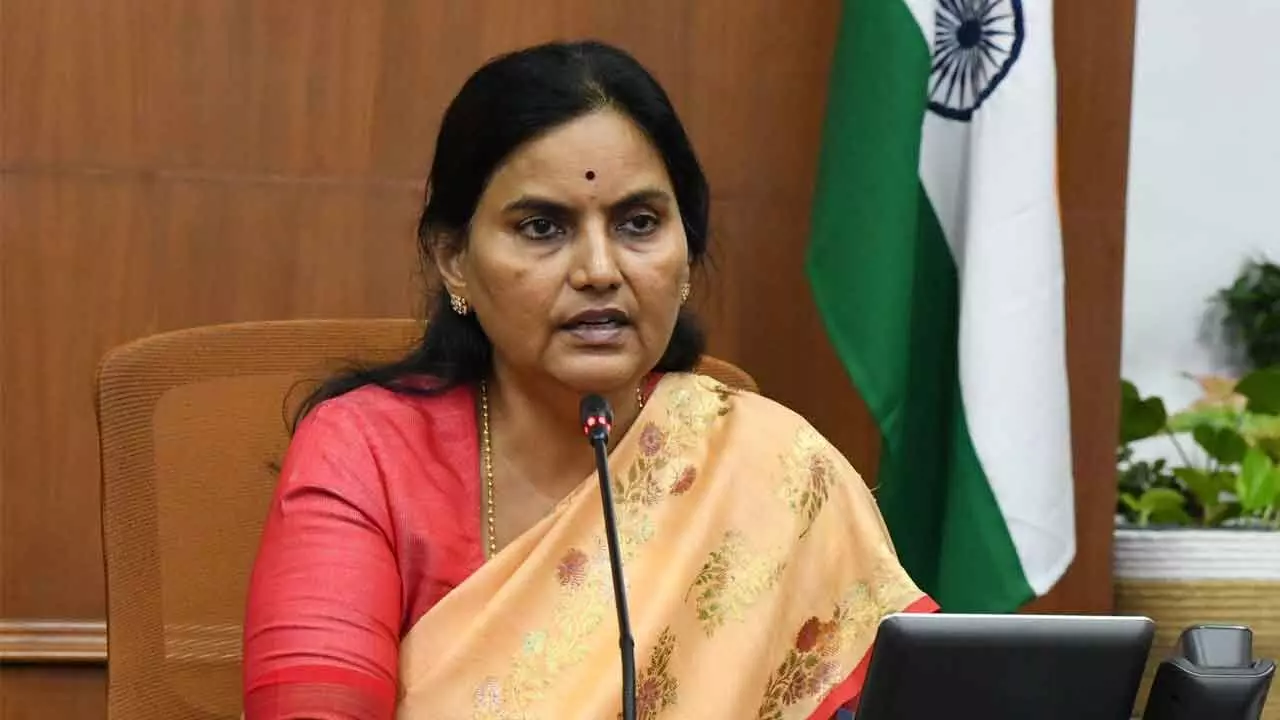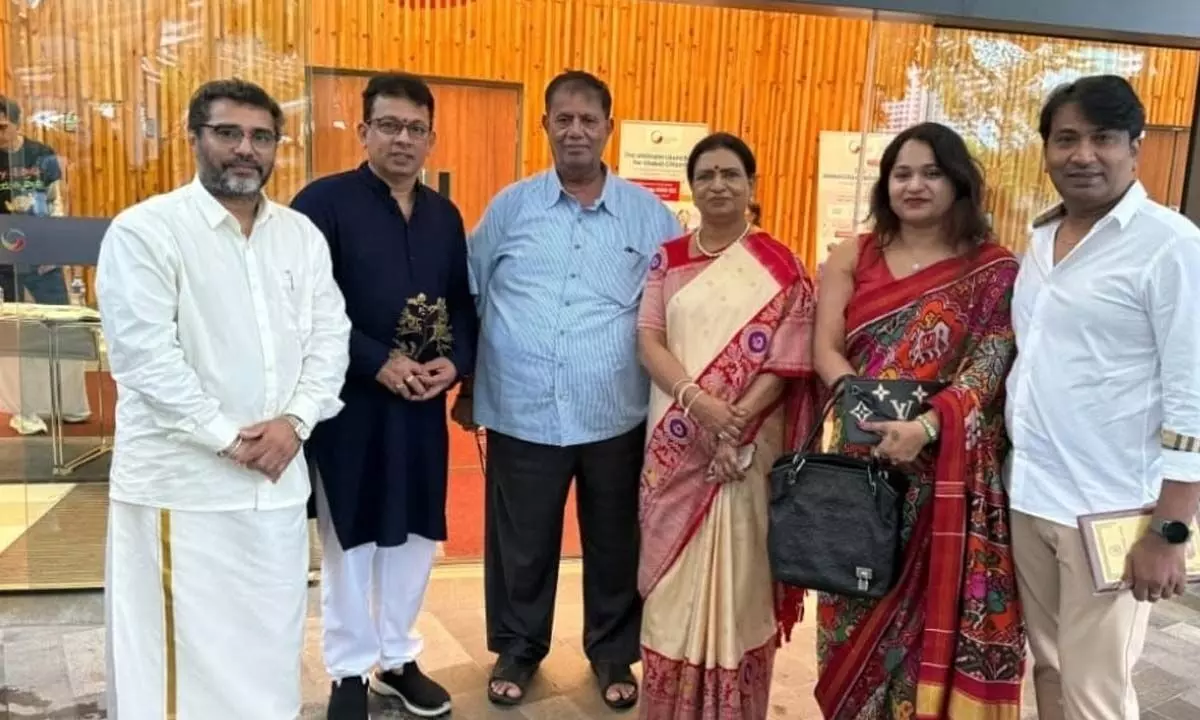The Union Cabinet has approved the Women’s Reservation Bill, which will give women one-third of the seats in legislative Assemblies. This is in addition to the 50% quota that women already have in local bodies. The women of Karimnagar district expressed their opinions on this historic bill. Dr. Chennamadhavuni Shobha Rani, the coordinator of Govt. Degree College for Women TSKC and placement, believes that this 33% quota will empower women socially, economically, and politically. It will provide great opportunities for women in various areas and promote gender equality. The bill also aims to break gender stereotypes and allow women to hold significant positions in society. Some people suggest that the bill should also include reservation for OBC women to uplift them in Parliament and Assembly. Overall, the bill is seen as a necessary step towards effective governance and raising women’s voices.
SRR Govt Degree College student Somidi Sadhika notes that historically, the representation of women in Indian politics has been low. She praises the Women’s Reservation Bill for providing 33% reservation for women in Parliament. Despite women making up half of India’s population, their representation in Parliament is still lacking.
Dr. Lavanya, an Assistant Professor of Commerce at Govt. Degree College for Women, emphasizes the importance of the Women’s Reservation Bill for the country. Currently, there are only 78 female representatives in Lok Sabha. If this bill is passed, that number could increase to 178, which would be a significant achievement for all women. Dr. Lavanya believes that the bill will establish political, economic, and social rights and opportunities for women, as well as increase protection for women in workplaces and educational institutions.
Dr. Laxmi acknowledges the government’s approval of the bill and sees it as a positive outcome. She believes that for any country to progress and develop, women must be treated as equals to men in all fields. By bringing out the hidden power of women and supporting their participation in development, society can move forward. Dr. Laxmi urges the government to take immediate steps to implement the bill.











